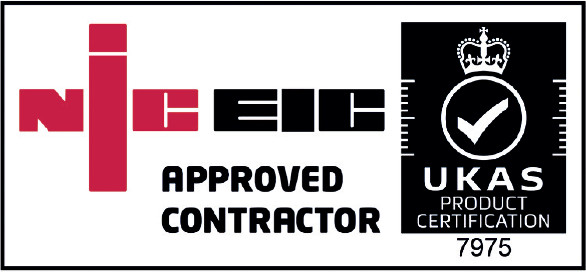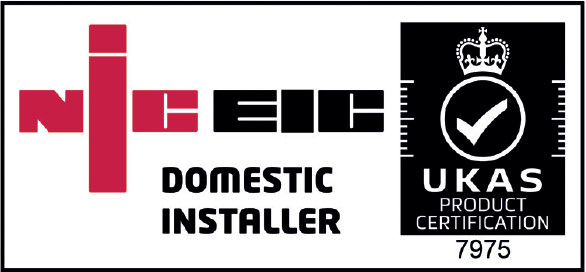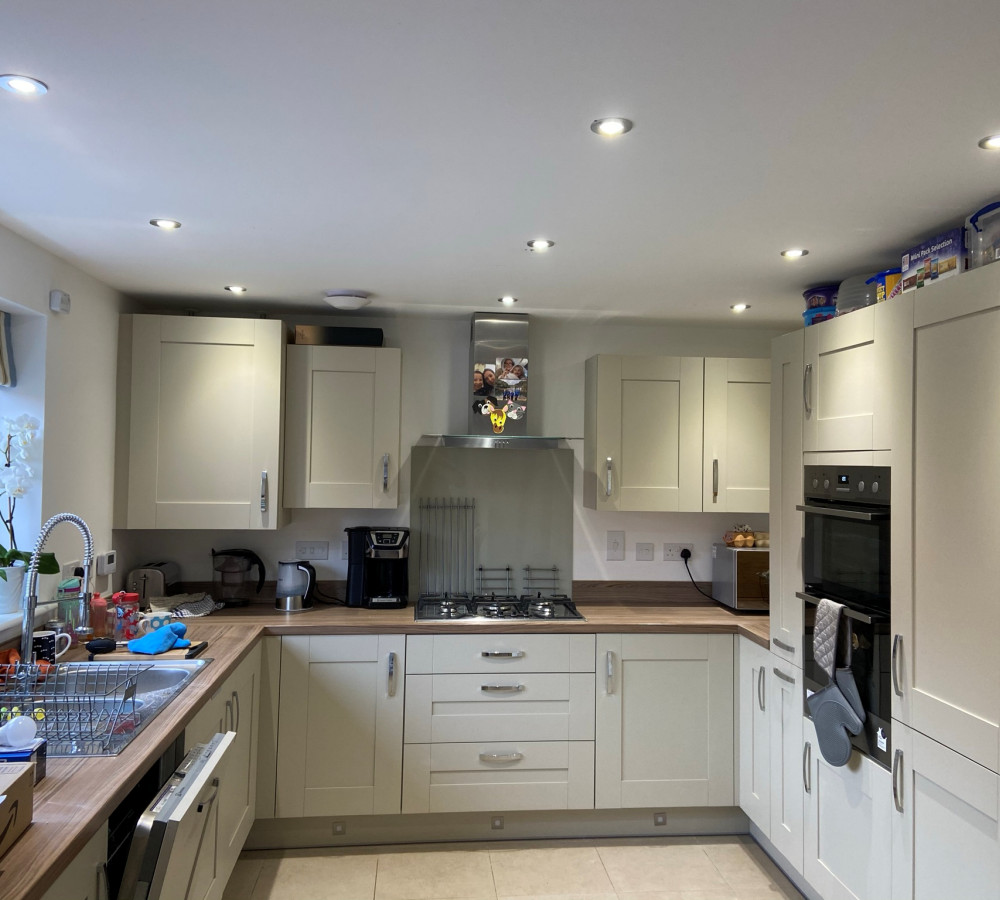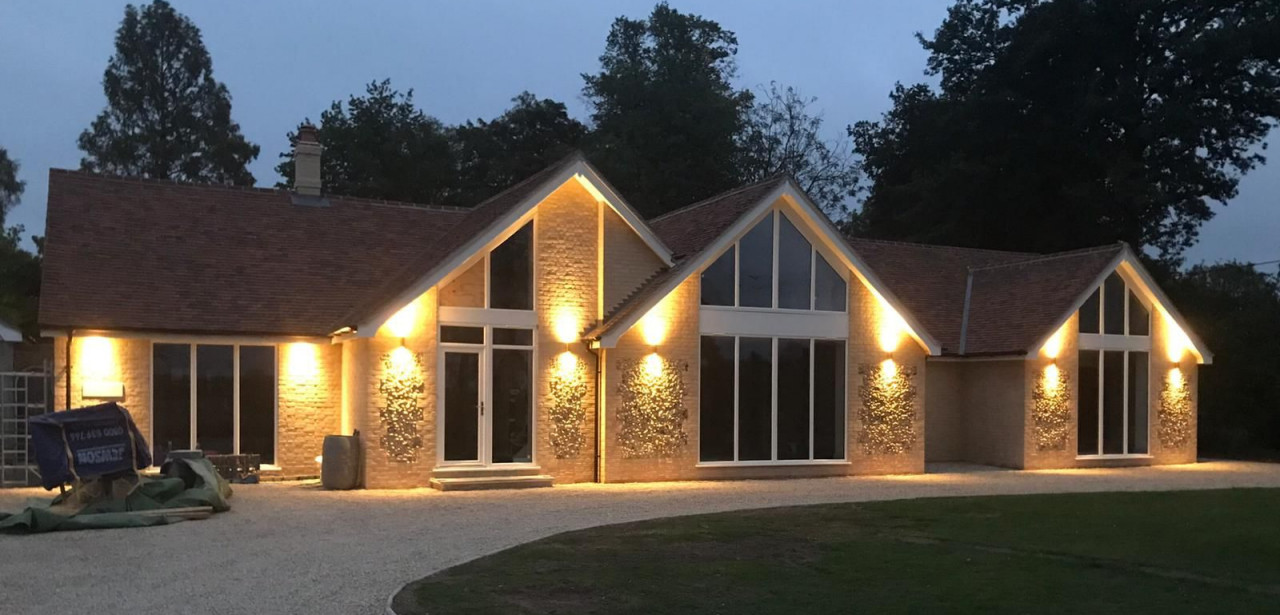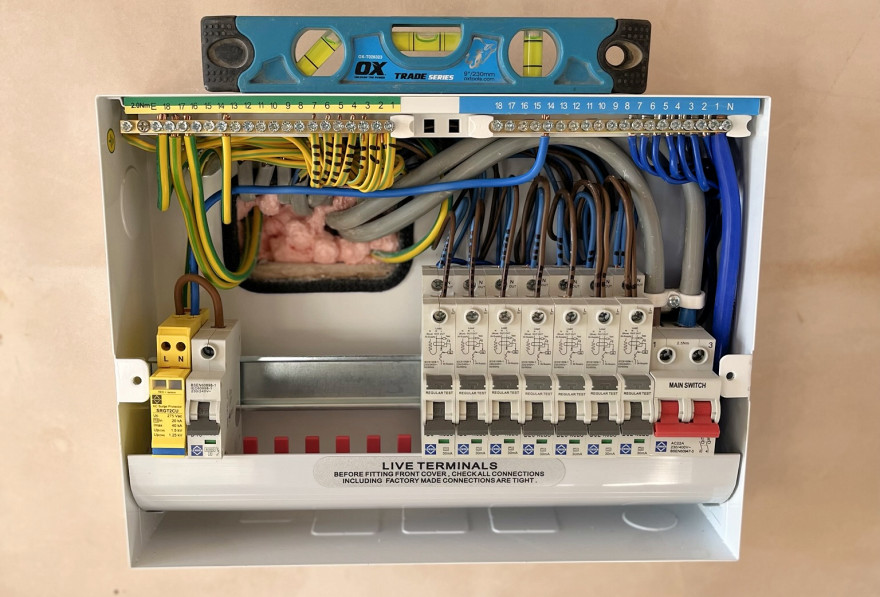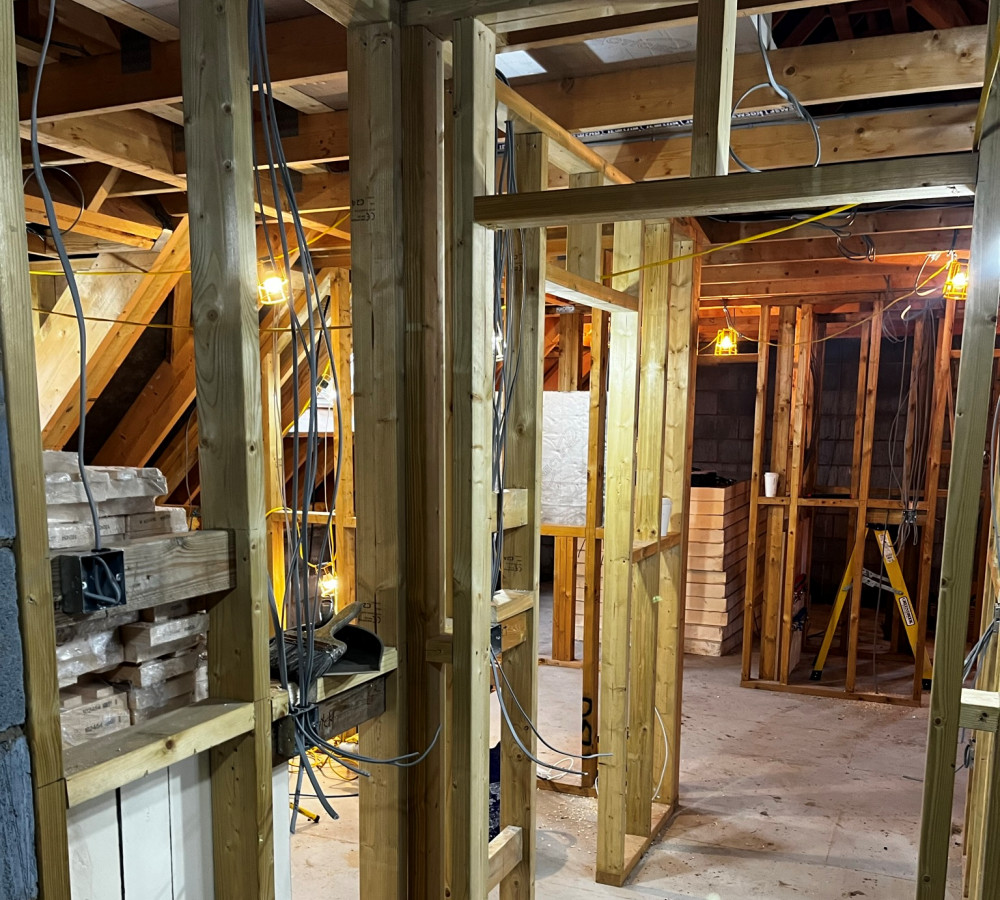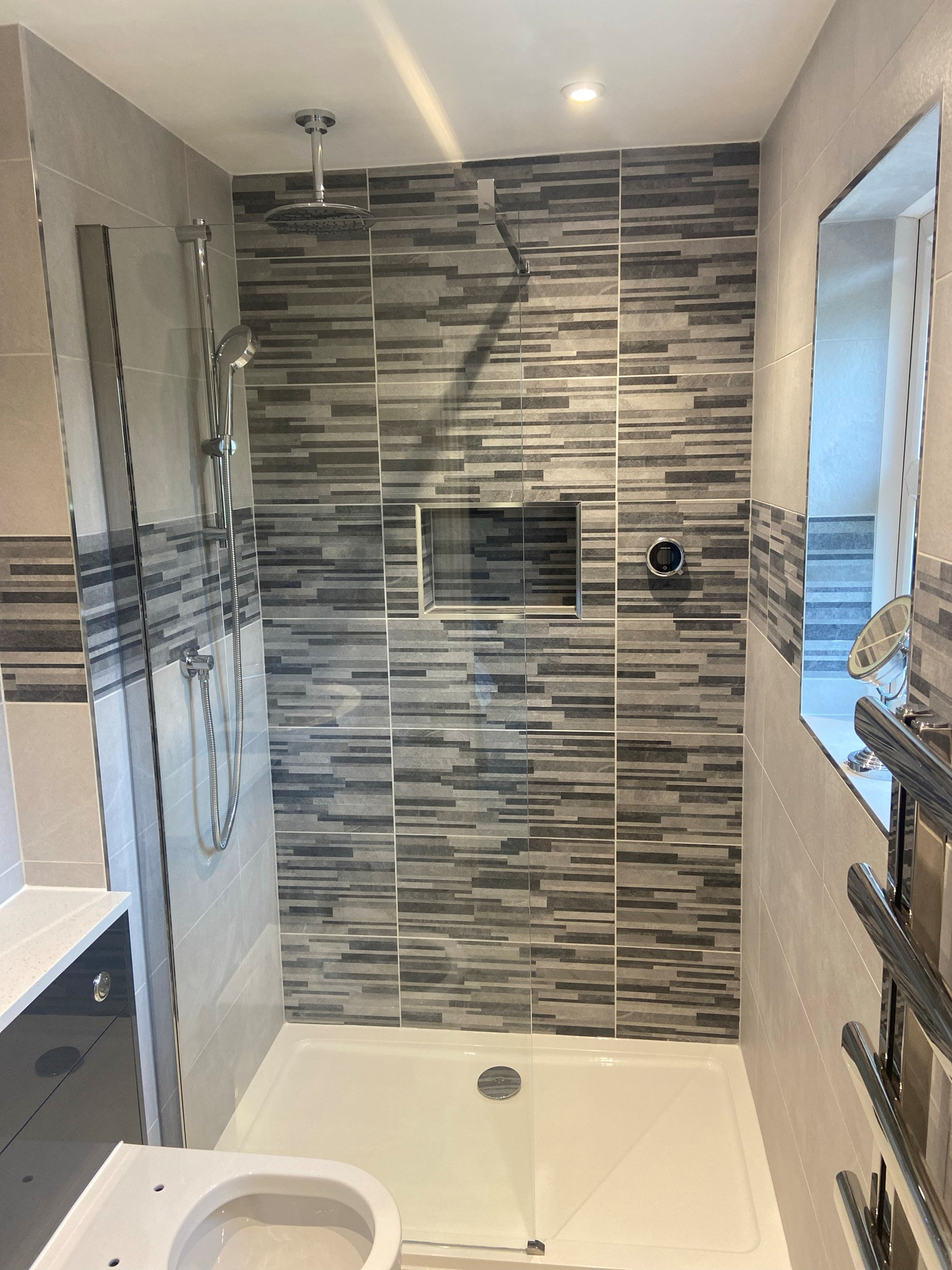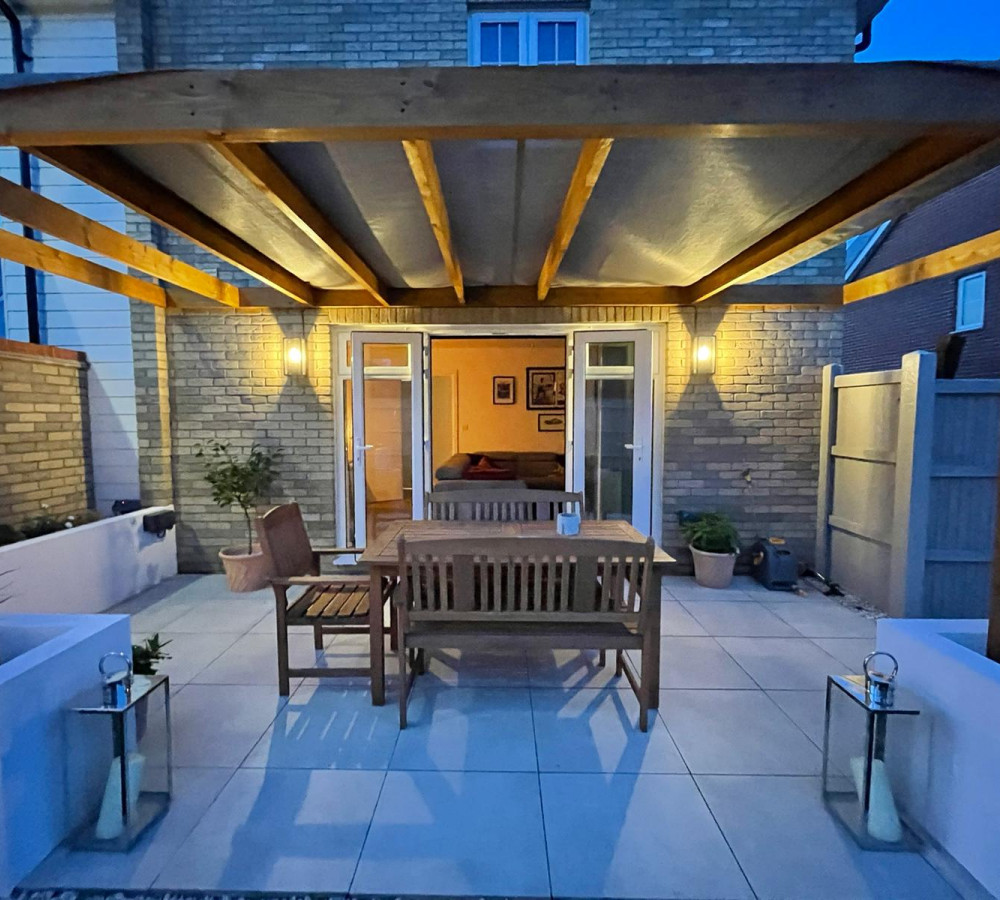Frequently Asked Questions
We’re never late
24/7 Emergency Callout
Satisfaction Guaranteed
These are electrical certification organisation that check our skills, our processes and work. When we finish any “notifiable” job, we will sign it off and register it as complete with NICEIC.
- The work installed is to the current legislation and safe for use
- Is certified by you to the current wiring regulations and standards
- That your business has the competence and experience to install the work that has been commissioned and certified.
Surge Protection Devices (SPD) and Transient Voltage Surge Suppressors (TVSS) are electrical surge protection devices. Surge Protective Devices (SPD) are used to protect the electrical installation, which consists of the consumer unit, wiring and accessories, from electrical power surges known as transient over voltages.
They are also used to protect sensitive electronic equipment connected to the installation, such as computers, televisions, washing machines and safety circuits, such as fire detection systems and emergency lighting. Equipment with sensitive electronic circuitry can be vulnerable to damage by transient over voltages.
The effects of a surge can result in either instant failure or damage to the equipment only evident over a longer period of time. SPDs are usually installed within the consumer unit to protect the electrical installation but different types of SPD are available to protect the installation from other incoming services, such as telephone lines and cable TV. It is important to remember that protecting the electrical installation alone and not the other services could leave another route for transient voltages to enter the installation.
AFDDs are protective devices installed in consumer units to provide protection from arc faults. They use microprocessor technology to analyse the waveform of the electricity being used to detect any unusual signatures which would signify an arc on the circuit. This will cut off power to the affected circuit and could prevent a fire. They are far more sensitive to arcs than conventional circuit protective devices.
We charge a fair price for a fair days work. What we DON’T charge, is a call out fee just to have a look. Whilst this may take some Q&A with you, it could ultimately save you more time and money in the long run.
Having established the scope of the project we will estimate the works involved; if once started the project becomes larger and/or more complicated, we will not simply press on regardless and we will discuss the situation with you at that time.
In the UK electrical services context, being “Part P qualified” means having the necessary certification to safely conduct electrical installation work in homes.
This certification ensures that individuals have the expertise and training required to uphold electrical safety standards and regulations within residential settings.
Yes – our insurance includes public liability cover of up to £5million.
We’re fully qualified to NVNQ Level 3 (broadly comparable to A levels), and we’re certified with NICEIC too – they check compliance and conformity against very strict standards and regulations in order to ensure the highest levels of electrical safety.
We are NICEIC Approved Contractors, are assessed to the highest standards covering all types of electrical installations.
We are also qualified for the NICEIC Domestic Installer scheme, which covers contractors who do installation work in domestic properties.
It is important to use a Domestic Installer to comply with the requirements of Part P.
We’re based in mid-Suffolk, near to the A14/A140 corridors. This means we can quickly travel east to Cambridgeshire, or north to Norfolk.
We recognise that different people like to make payments via different payment methods. For that reason we will accept cash, card payments and also BACs payments (prefered). We even accept cheques, which will be presented via our online banking app.
If you are carrying out or engaging a professional to carry out electrical work in your home you may need to comply with Part P and ensure building control are notified of the work.
The following common jobs DO require Part P notification so must be notified:
- Circuit alteration or addition in a special location*
- Installation of one or more new circuits
- Installation of a replacement consumer unit (fuse box)
- Rewire of all circuits
- Partial rewire
- New full electrical installation (new build)
The following common jobs DO NOT require Part P notification: (unless in a special location*)
- Installing a new cooker or other appliance
- Replacing or adding a socket or switch
- Replacing or adding a light fitting
- Installing or upgrading main earth and bonding
* Certain zones within a room containing a bath or shower, or a room containing a swimming pool or sauna heater.
